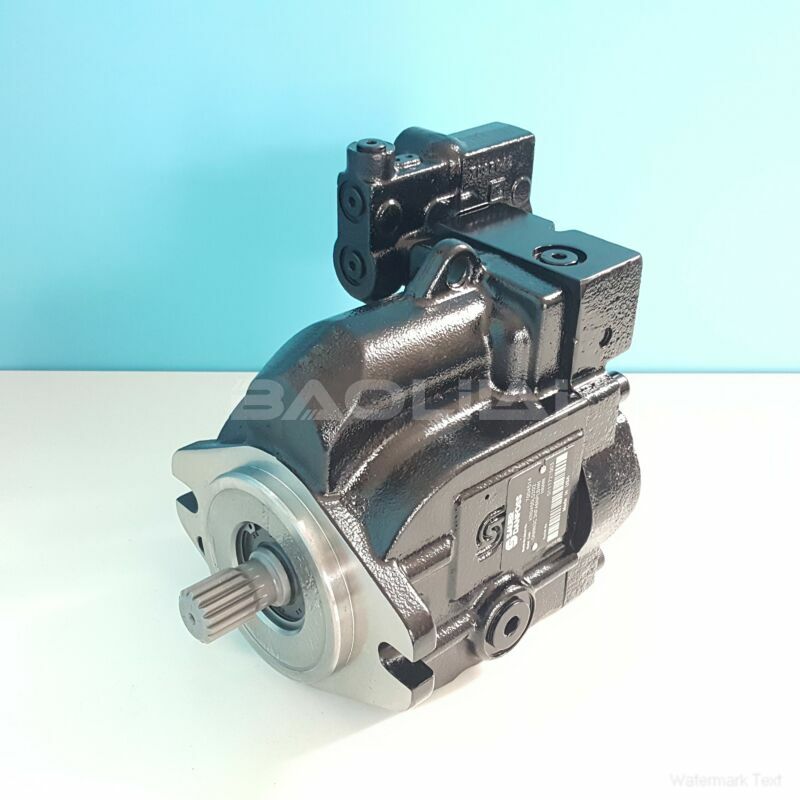KRR045DPC21NNNNN3C2NFA6NAAANNNNNN hydraulic pump
KRR045DPC21NNNNN3C2NFA6NAAANNNNNN hydraulic pump

- Product Details
- Applicable Scene
In the realm of mineral processing, hydraulic oil pumps play a crucial role in the efficiency and reliability of crushing and milling operations. These pumps are essential for powering machinery and ensuring that the various processes involved in breaking down minerals into finer particles run smoothly. This article explores the critical aspects of designing hydraulic oil pumps tailored for mineral crushing and milling applications.
KR-R-045D-PC-21-NN-NN-N-3-C2NF-A6N-AAA-NNN-NNN
KRR045DPC21NNNNN3C2NFA6NAAANNNNNN
Hydraulic systems are integral to modern mining operations, providing the necessary force required to operate heavy machinery, such as crushers and ball mills. The design of hydraulic oil pumps specifically for these applications must take into account factors such as flow rate, pressure, efficiency, and the characteristics of the working fluid.

7004281
One primary consideration in the design process is the flow rate required by the hydraulic system. Mineral crushing and milling operations typically involve high pressures and require a significant volume of hydraulic fluid to maintain optimal performance. Therefore, pumps must be designed to deliver the required flow rate without compromising pressure stability. It is essential to calculate the system’s exact flow requirements based on the machinery’s specifications and operational conditions.
Another critical aspect is the operating pressure of the hydraulic system. Mineral processing often involves extreme conditions, including high levels of dust and abrasive materials, which can cause wear and tear on equipment. Therefore, hydraulic oil pumps need to be robust and capable of handling high pressures while maintaining reliability over long operational periods. The use of high-strength materials, innovative sealing technologies, and proper design geometries can enhance durability and performance under these challenging conditions.
Efficiency is also a significant consideration in designing hydraulic oil pumps. A well-designed pump will minimize energy losses during operation, leading to reduced operational costs and a smaller environmental footprint. Advanced hydraulic pump designs, such as variable displacement and gear pumps, can optimize efficiency by adjusting to the system’s varying demands. Implementing technologies like electronic control systems can further enhance efficiency by providing real-time monitoring and adaptive performance adjustments.
Additionally, the selection of hydraulic fluid is a crucial aspect of pump design. The fluid must possess properties such as high viscosity index, thermal stability, and compatibility with the materials used in the pump and associated machinery. In mineral processing, where temperatures can fluctuate and contaminants may be present, selecting the right hydraulic oil is essential to prevent degradation and ensure optimal pump performance.





